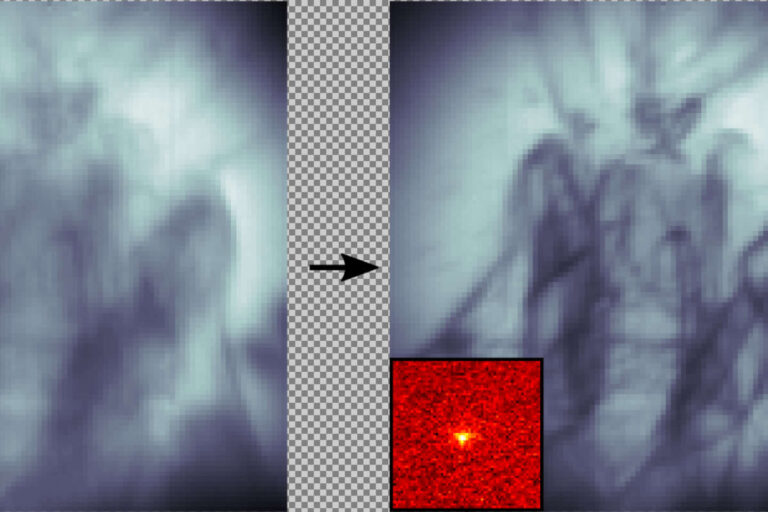Global warming: future levers to compensate vulnerable countries
Some climatologists decide to participate in militant actions. Others believe that their role is to inform public debate from a distance. The authors of the attribution studies find themselves at the crossroads of these two orthogonal paths of climatology. Because the very purpose of their work, determining the share of human responsibility in the intensification and multiplication of extreme events, is at the heart of intense discussions in the fields of diplomacy and climate justice. “We have imposed a very strict protocol and writing format on ourselves in order to have as little personal judgment as possiblespecifies Davide Faranda, specialist in extreme events at the Pierre-Simon-Laplace Institute, and coordinator of Climameter, a collective that conducts attribution studies. It is a scientific instrument, but an instrument that is available to society…’
This area of climatology is of particular interest to defenders of the Loss and Damage fund.. Launched in 2022, on the 27the Climate Conference of the Parties in Sharm El-Sheikh, Egypt, this new fund received the first pledges of donations during the COP28 in Dubai, United Arab Emirates, at the end of 2023 (661 million dollars, 607 million euros). The board of directors, which has not yet been fully formed, must consider the best way to compensate developing countries that suffer irreversible losses from global warming or damage from natural disasters.
Hence the interest in attribution science, which quantifies human responsibility in the consequences caused by extreme events. “Studies from attribution science can help identify the countries that are most vulnerable and guide board considerations,” summarizes Fanny Petitbon, head of advocacy at the NGO CARE France and climate specialist.
The United States and other states take a very dim view of the creation of this fund. Precisely because they were afraid that developing countries would demand compensation based on the ‘climate debt’ of developed countries. Should the United States, which has emitted 25% of greenhouse gases into the atmosphere since 1850, compensate certain populations affected by drought based on this percentage? This prospect frightens many diplomats from Western countries.
“Many ethical questions”
But even though attribution studies can contribute to the debates, their limitations are too many to make them a single attribution criterion. “If we provide funding to countries affected by events most attributable to man, we may risk neglecting countries that also have needs but where no attribution research has been done. It also raises many ethical questions”analyzes Aglaé Jézéquel, climatologist at the Dynamic Meteorology Laboratory. “They have to be one of many other tools, because it is not a miracle solution. They need reliable data and the most affected countries are precisely those where observations of extreme events are the most incomplete.”continues Mme Petit voucher.






